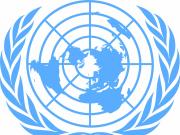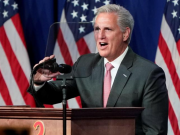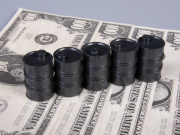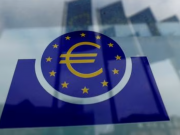Federal Reserve Chairman Jerome Powell on Wednesday said that Congress and the White House may need to act further to pull United States out of an economic crisis that has already cost around 26 million jobs, thousands of deaths and a level of pain that is "hard to capture in words". Powell also warned of the threat of a prolonged recession resulting from the coronavirus outbreak that is going to last long.
The US economy is going through one of the worst phases since the Great Recession. Although Congress has appropriated close to $3 trillion in rescue funding, Powell believes that a lot more needs to be done to help the economy get back to its feet.
Powell urges White House, Congress to act further
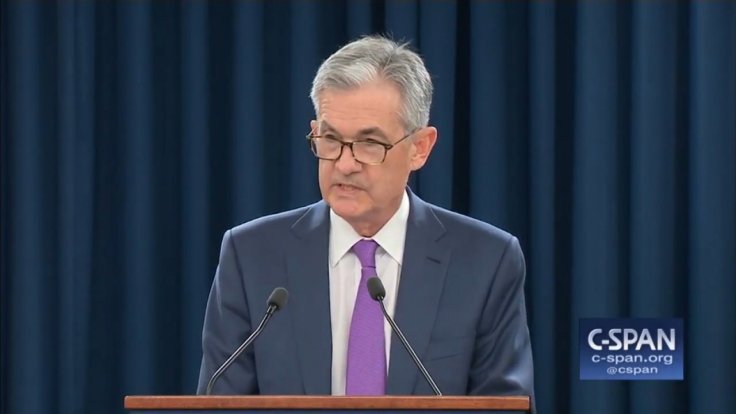
The Fed and Congress have already taken far-reaching steps by injecting money into the ailing economy the form of a $3 trillion stimulus to counter what is likely to be a severe downturn resulting from the widespread shutdown of the U.S. economy. However, Powell feels that Congress and White House need to act further to pull the U.S. out of the worst economic downturn since the Great Depression and avoid the coronavirus-induced recession from becoming "prolonged."
However, Powell didn't specify what those measures are and where they would come from. He stressed on the importance of making sure that the deepest slump since the Great Depression does not get out of control. Powell's comments come a day after House Democrats unveiled a new $3 trillion coronavirus relief bill, which if passed is likely to face opposition in the Republican-led Senate. A House vote is expected on Friday.
Powell hints at not going to negative interest rates

Congress has so far passed four massive stimulus packages totaling nearly $3 trillion to help the hard-hit economy of the United Sates. This includes the $2.2 trillion CARES Act signed into law at the end of March, which established the Paycheck Protection Program, expanded unemployment benefits by $600 per week and sent one-time payments of up to $1,200 to Americans who earn less than $99,000.
The Fed has also taken quite a few unprecedented actions like slashing interest rates to near-zero, purchasing an unlimited amount of Treasurys and launching crisis-era lending facilities to ensure that credit flows to households and businesses to support the economy. However, Powell said that the Fed is not considering going to negative interest rates.
That said, the economy's recovery is largely dependent on a range of factors like how long will coronavirus continue to threaten lives, how long with it take for vaccines or treatments to come up and if reopening the economy will bring in a second wave of coronavirus. Moreover, the most important thing is how long it will take consumer and business confidence to return.





